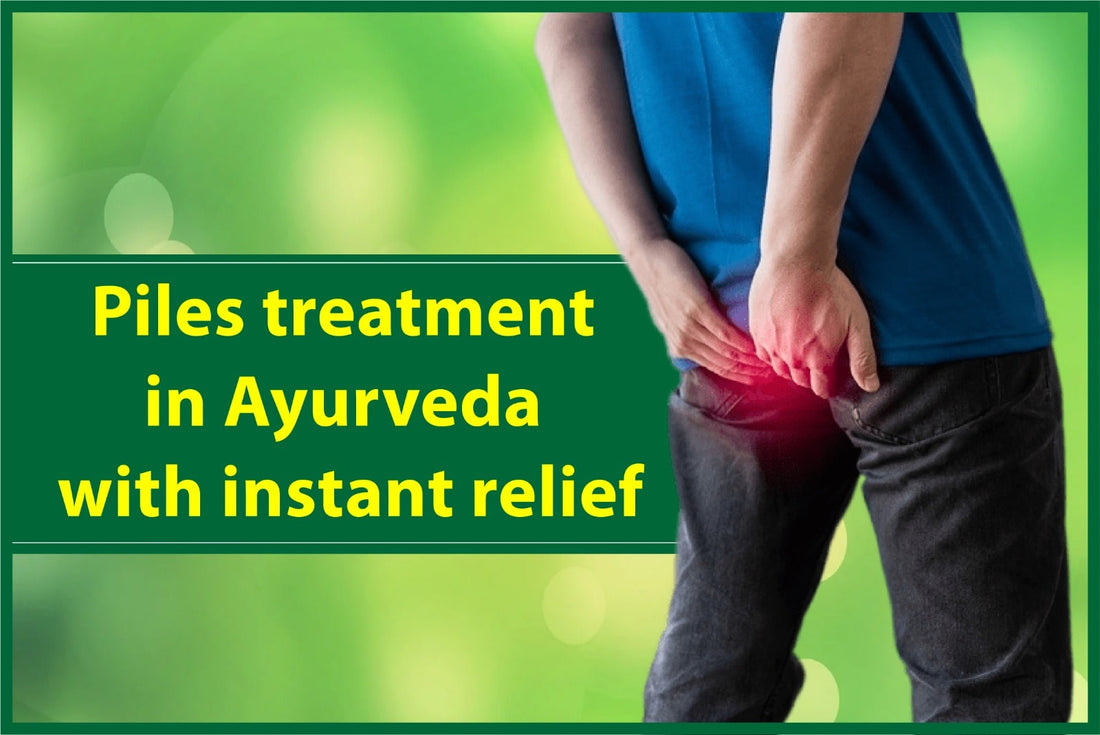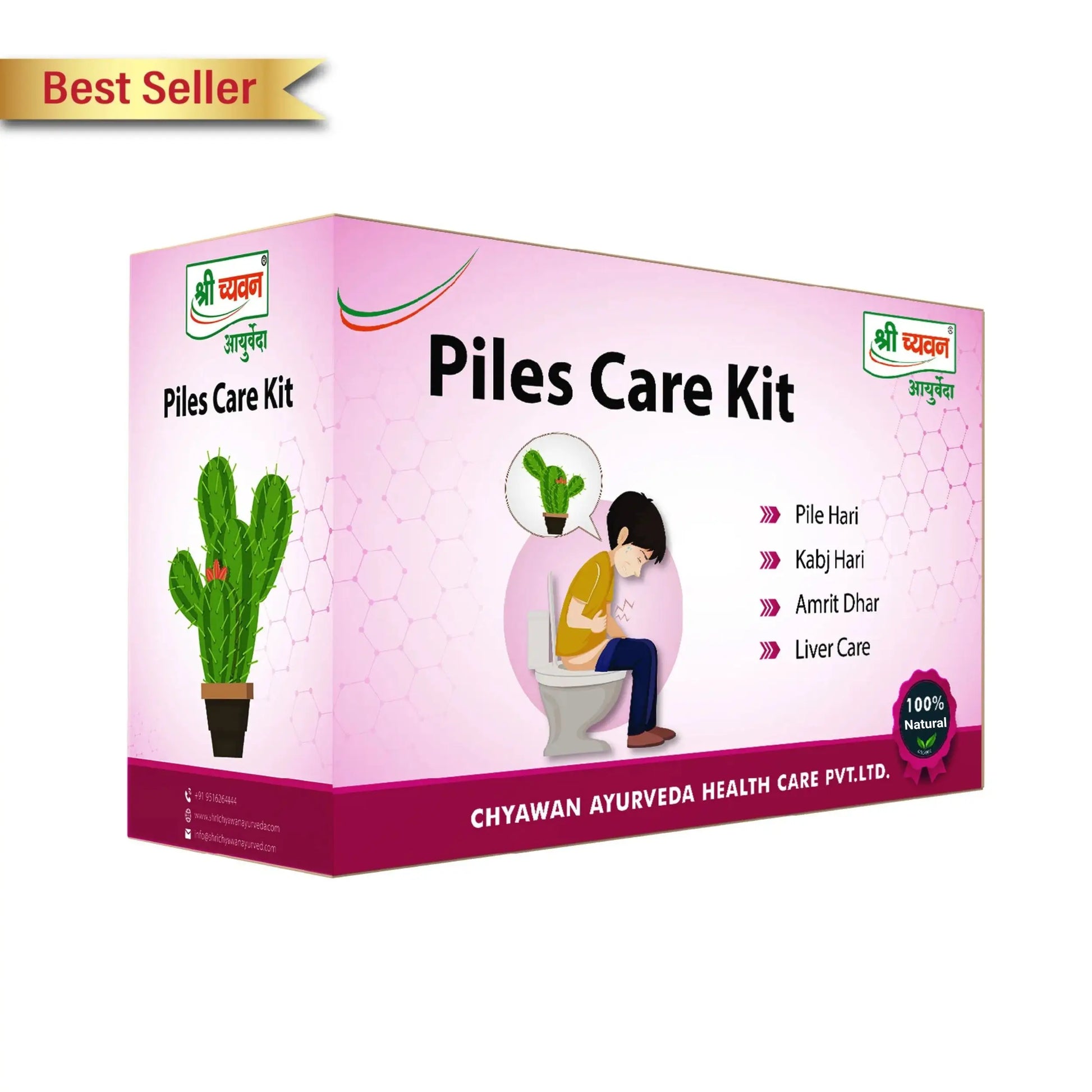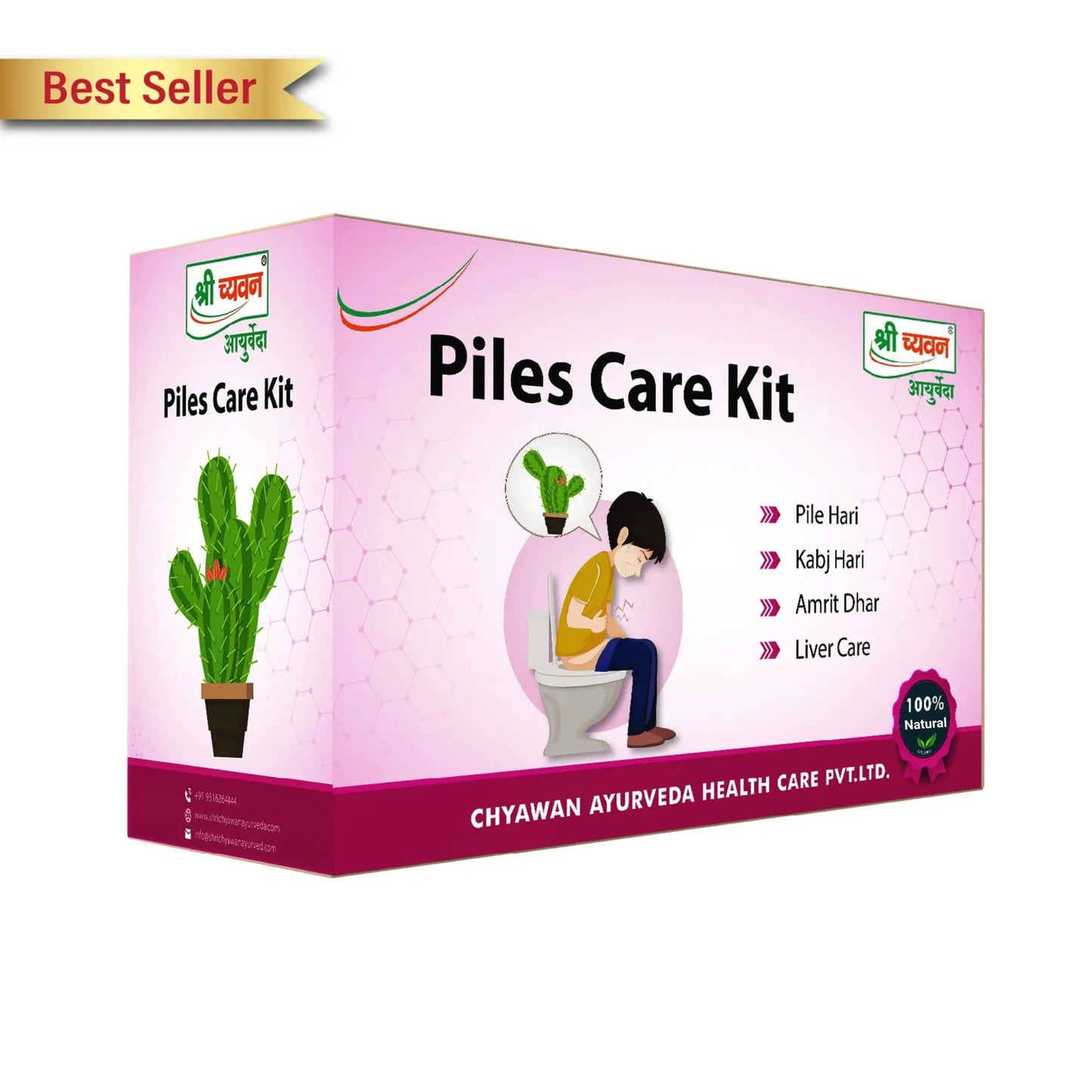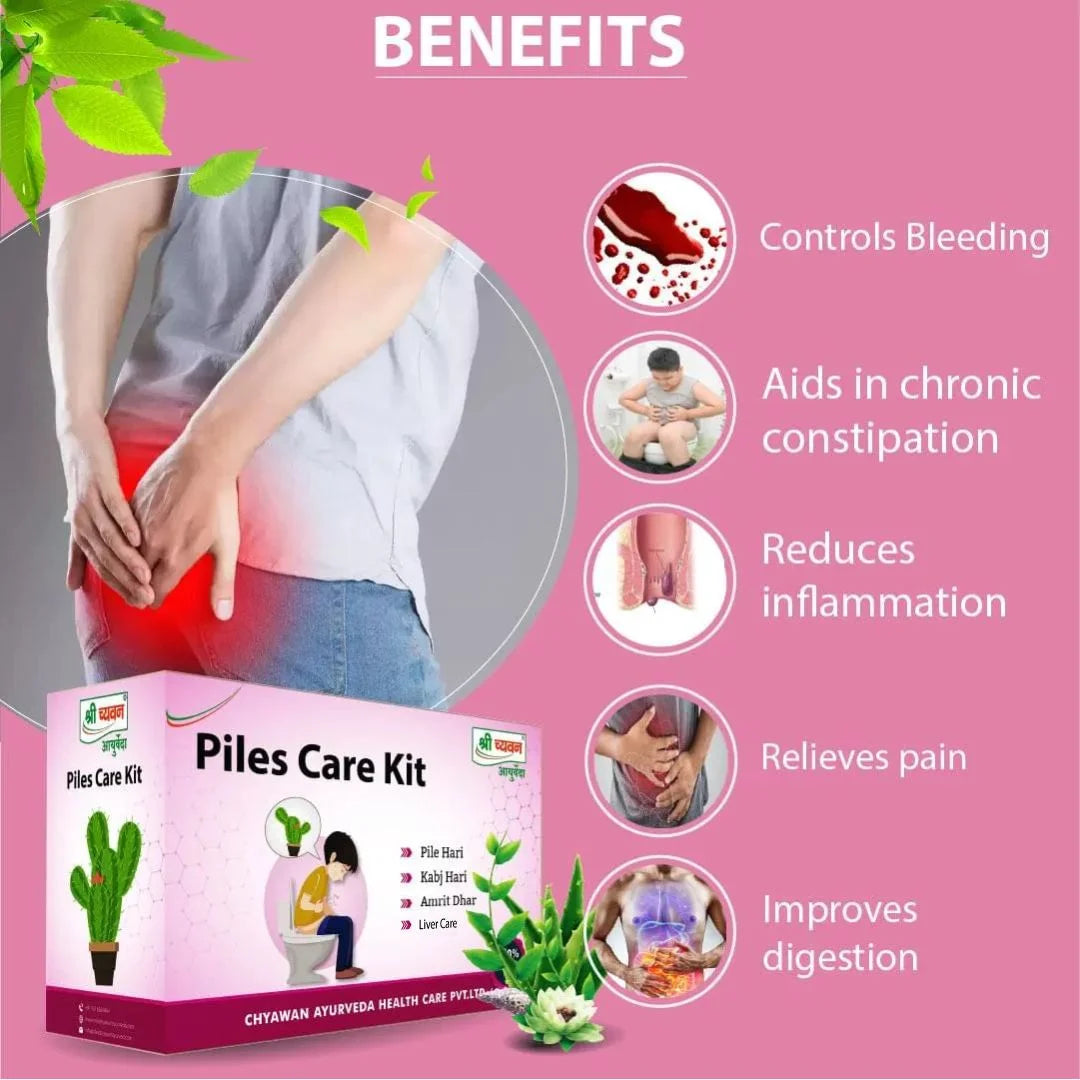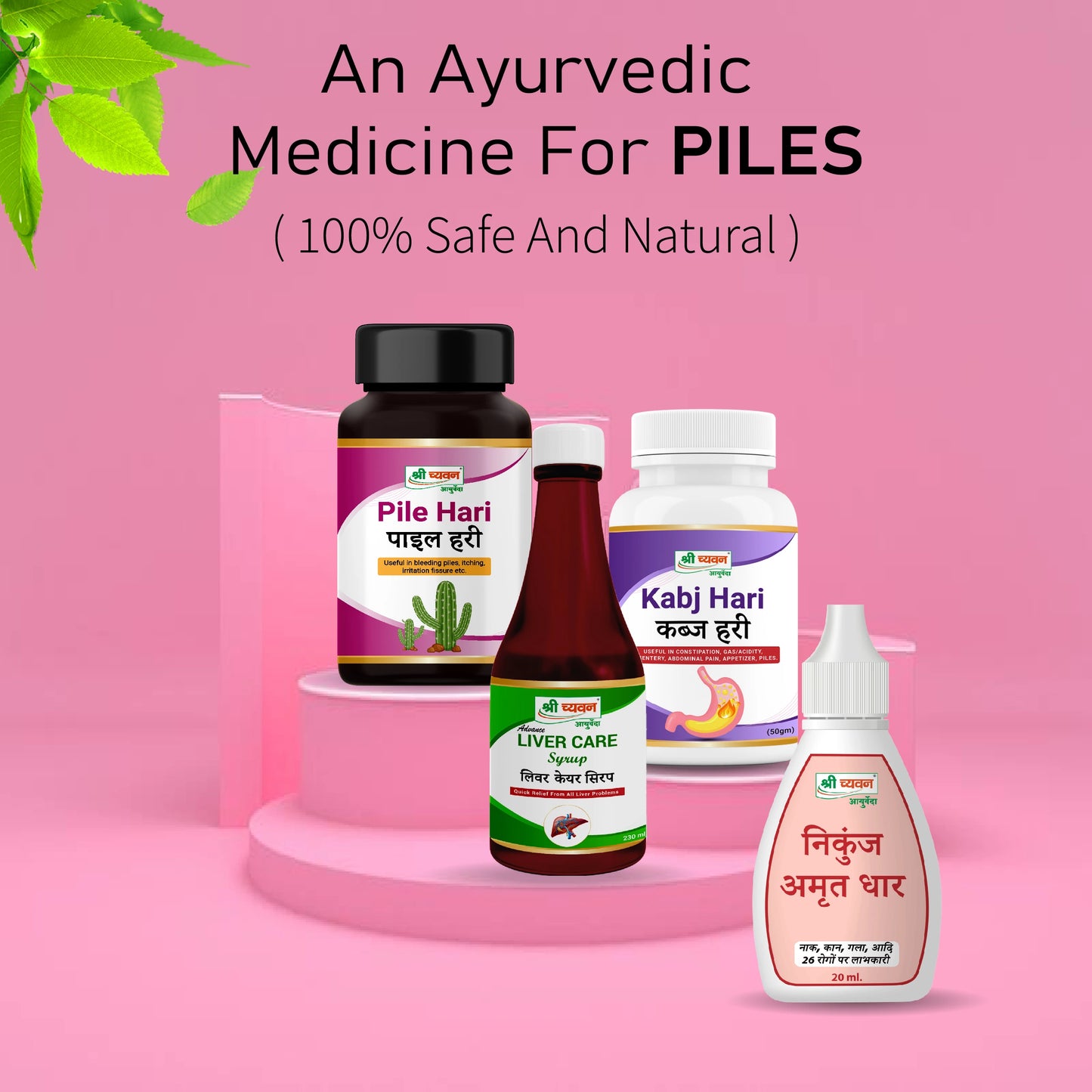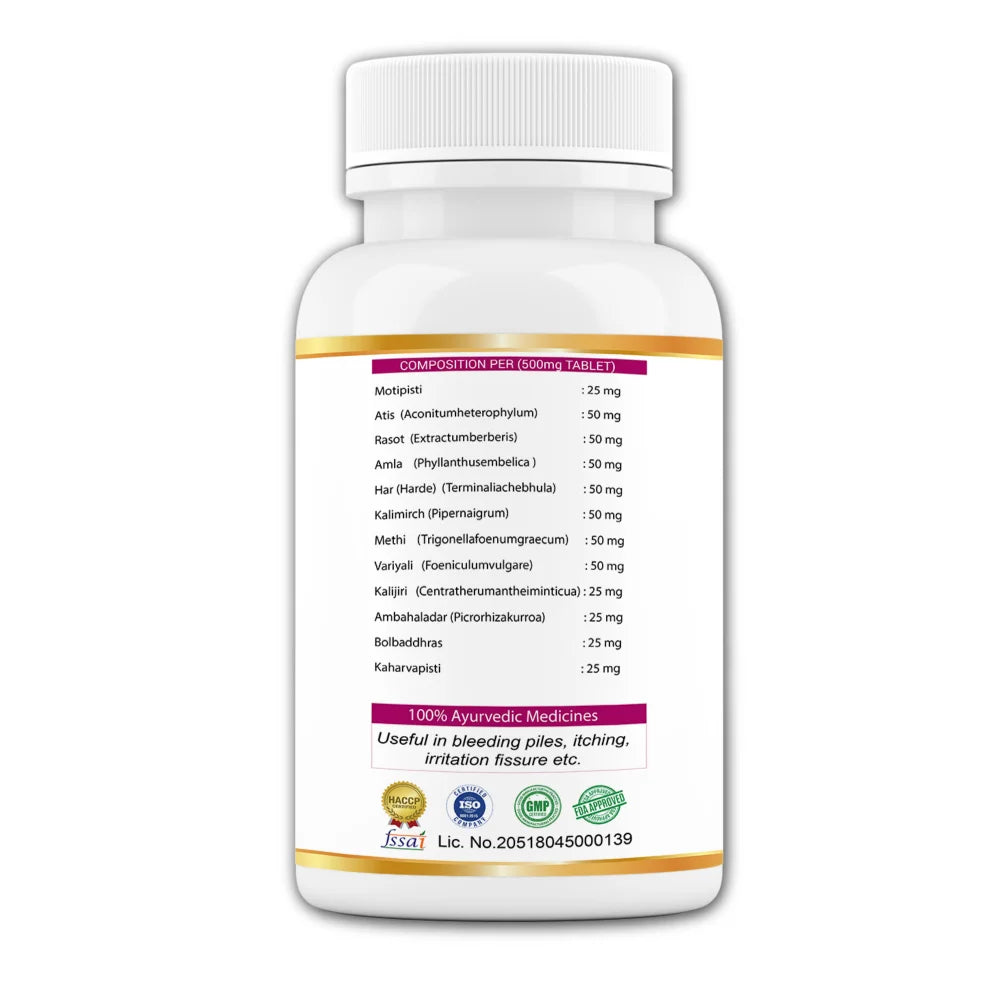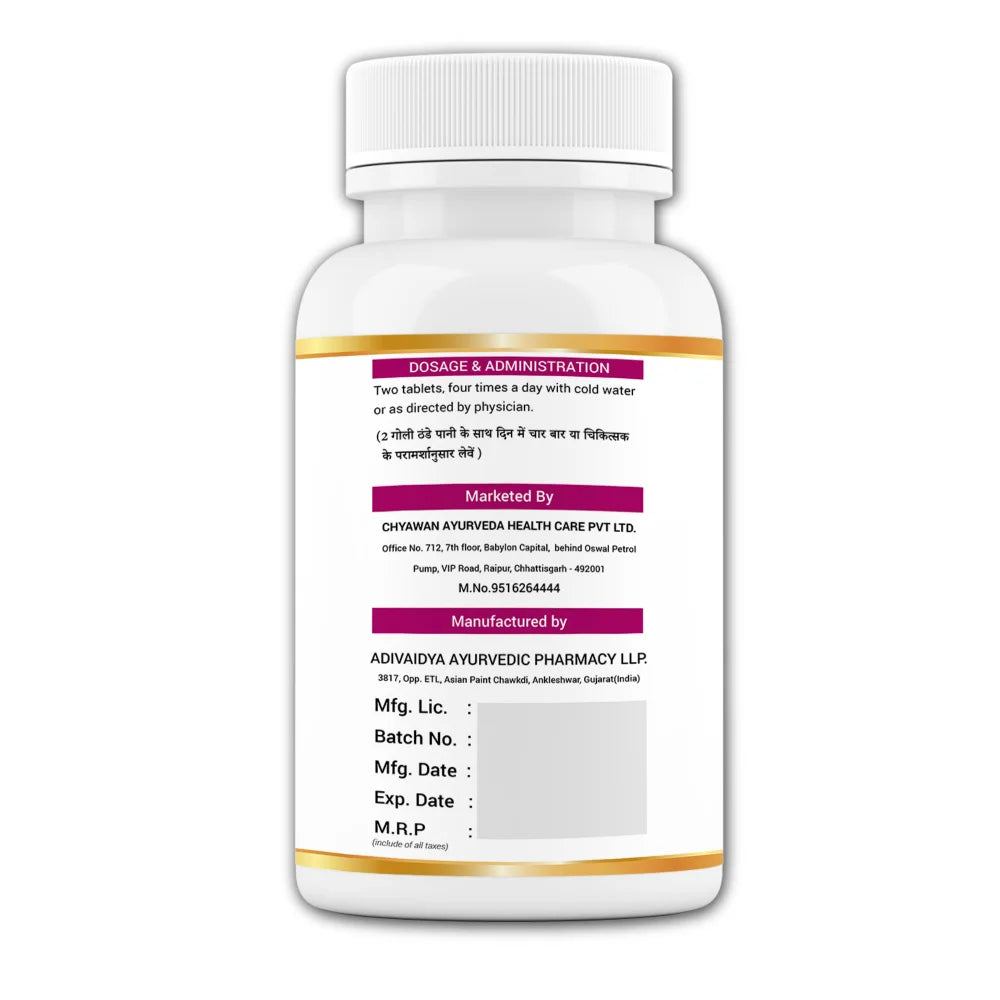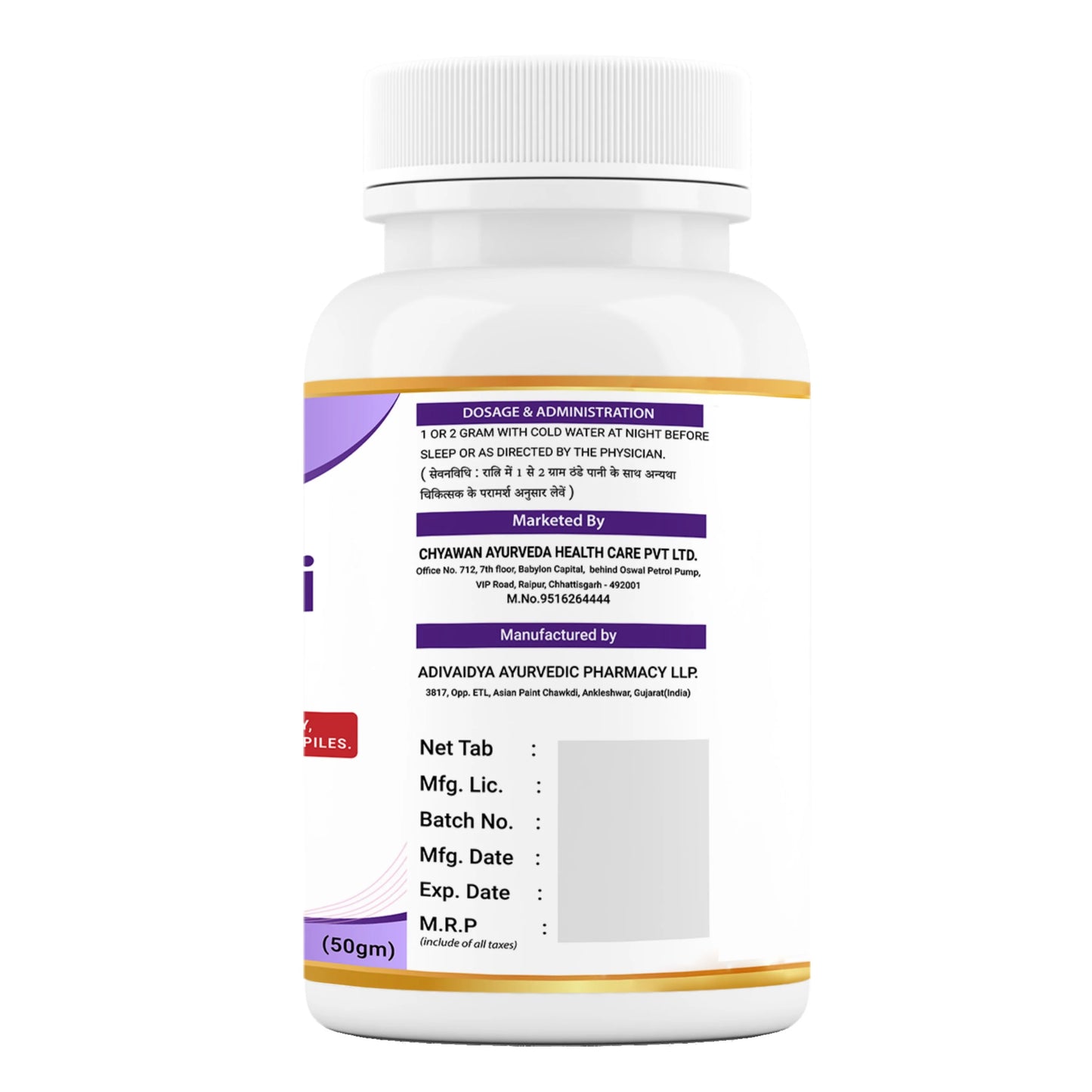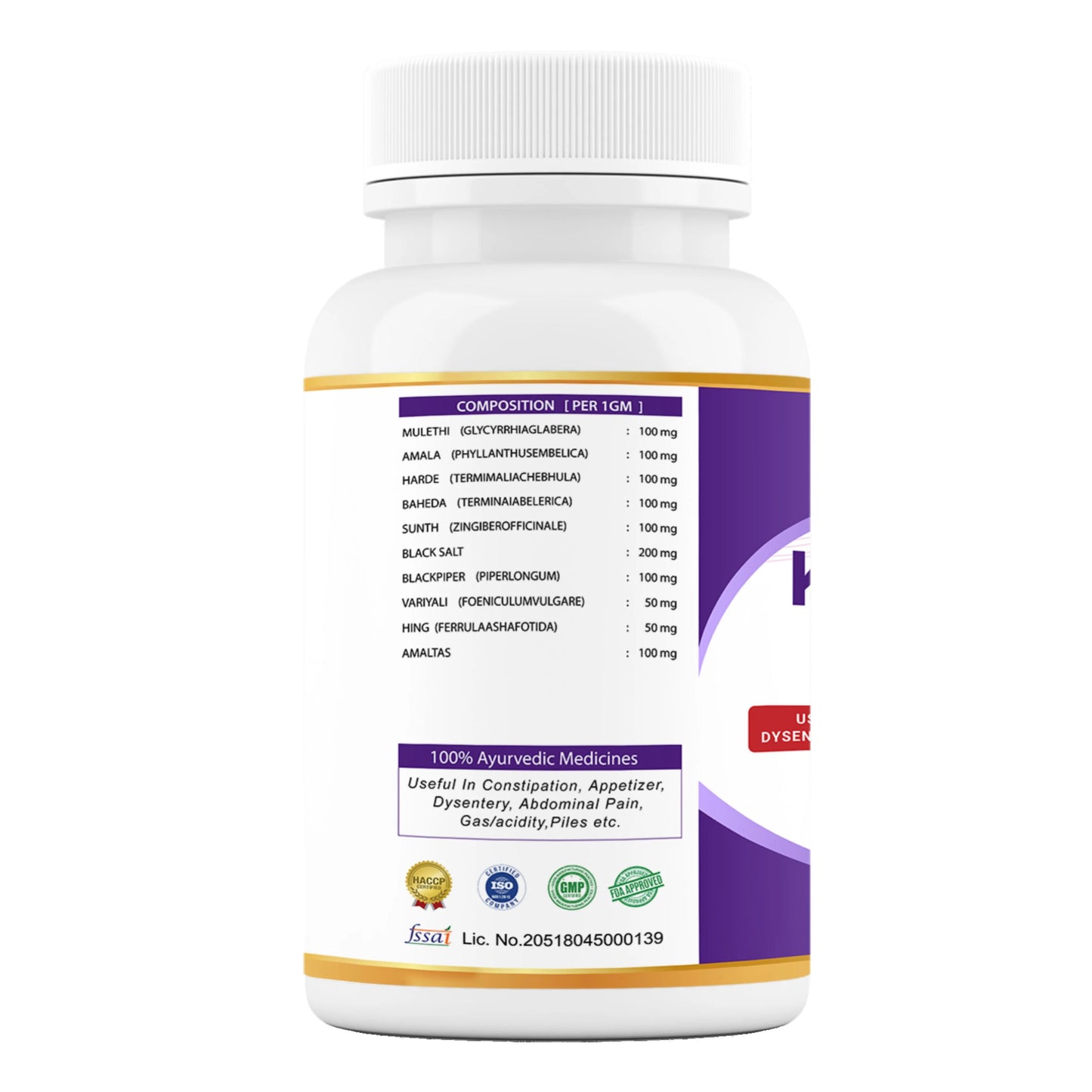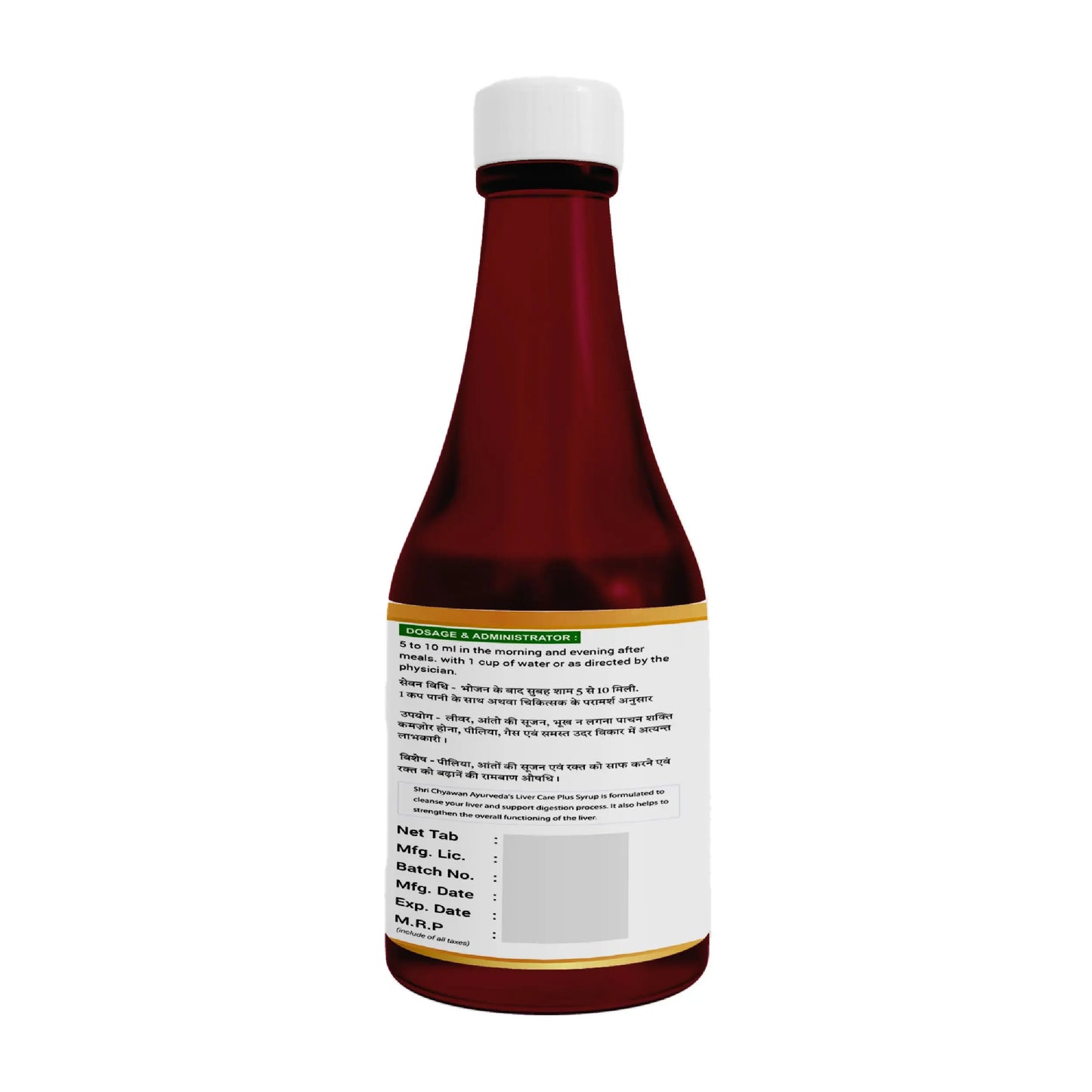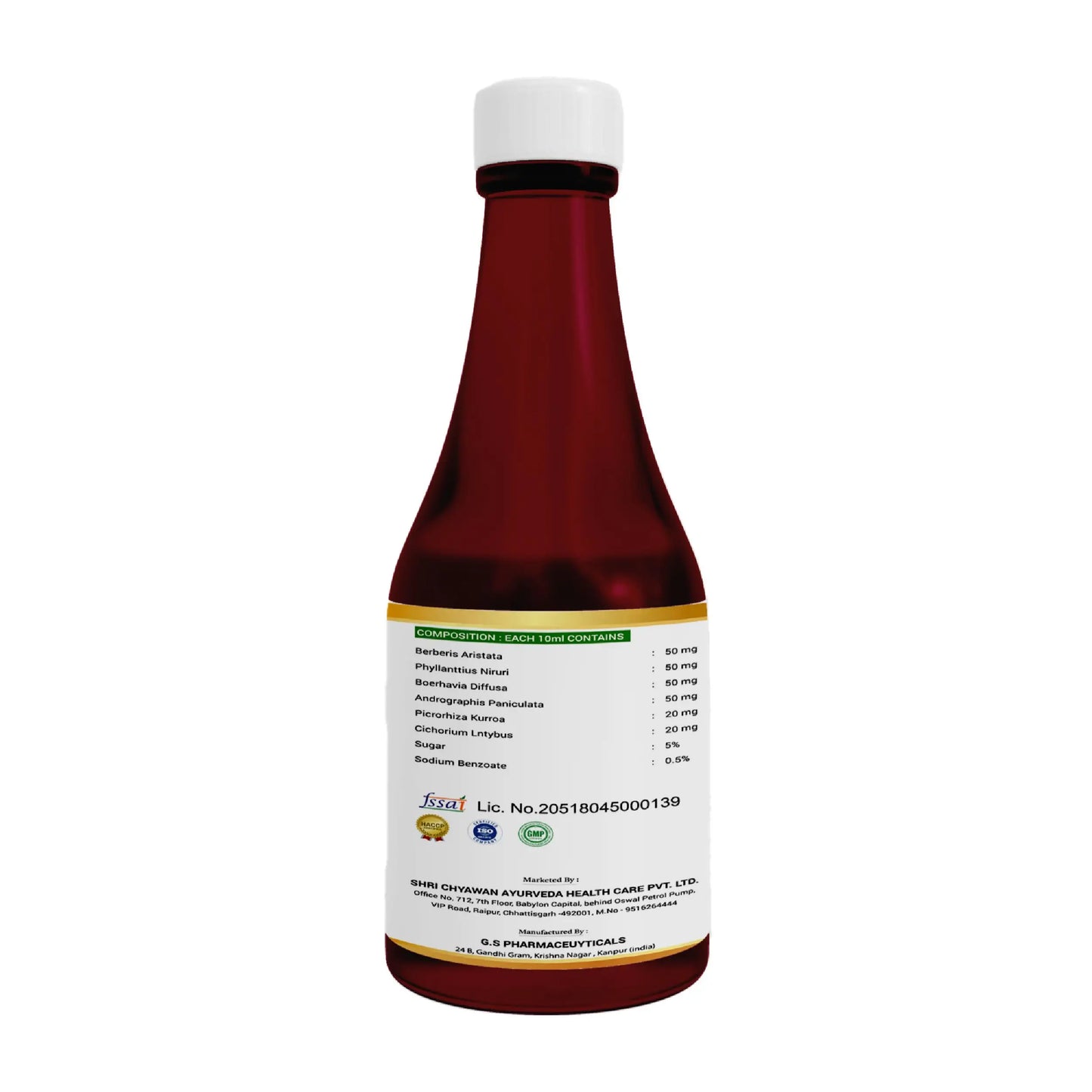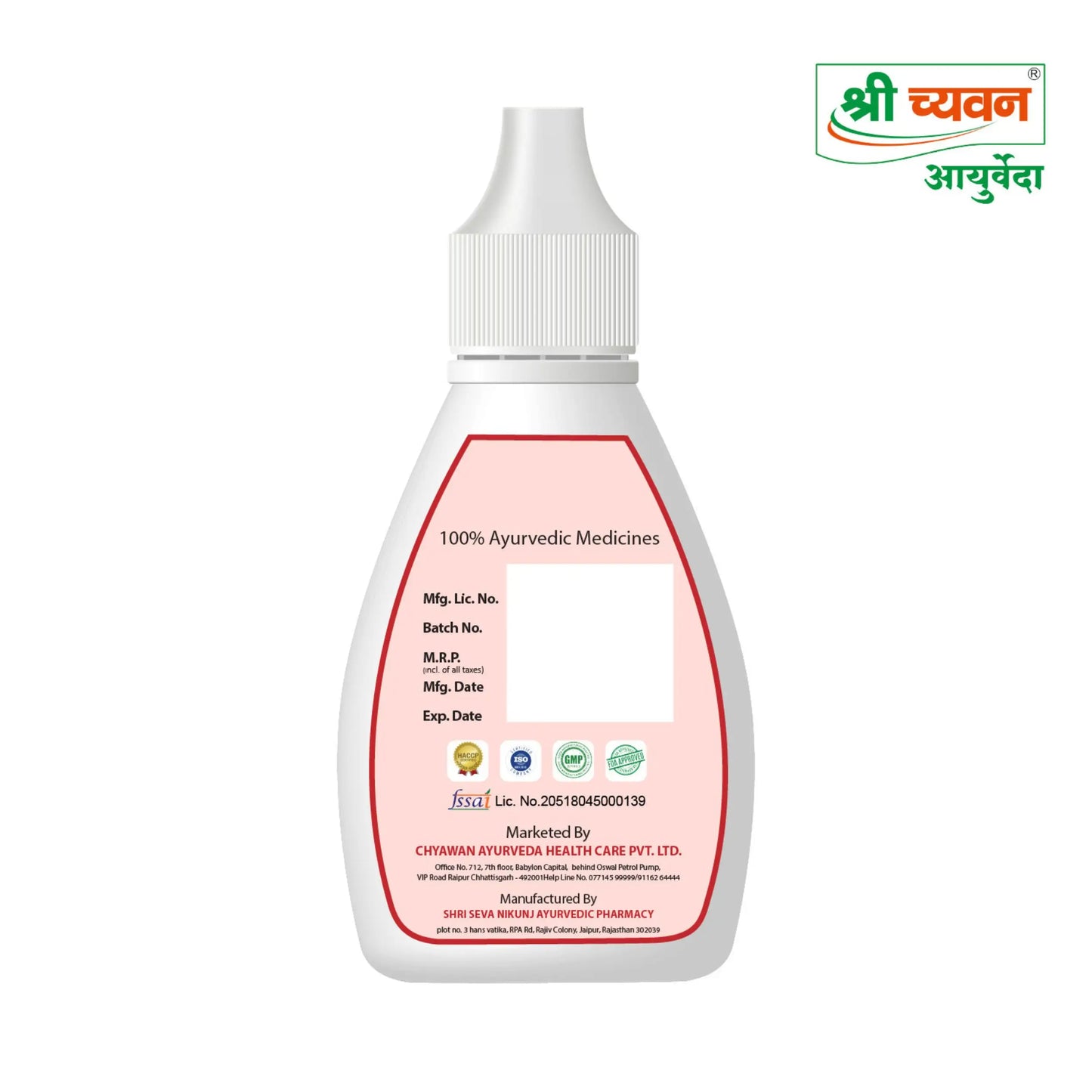In Ayurveda, piles are referred to as "Arsha." According to Ayurvedic principles, piles are considered a result of imbalances in the doshas, particularly Vata and Pitta. Arsha occurs due to the vitiation of these doshas, leading to the accumulation of toxins (ama) and the impairment of digestive fire (agni). This, in turn, causes the enlargement and swelling of blood vessels in the rectal area, resulting in piles.
Ayurveda classifies piles into two main types based on the dosha involvement:
- Vata-predominant piles: This type of piles is characterized by dryness, hard stools, and severe pain. It may also lead to constipation and difficulty in passing stools.
- Pitta-predominant piles: This type of piles is associated with bleeding, inflammation, and a burning sensation. The stools are often loose or semi-solid.
The severity of piles in Ayurveda can vary depending on the individual and the stage of the condition.
Stages of Piles:
- First-degree piles: In this stage, the piles remain inside the rectum and do not prolapse. Symptoms may include mild pain, itching, and discomfort.
- Second-degree piles: Piles in this stage may prolapse (come out) during bowel movements but retract back on their own. Symptoms may include bleeding, itching, and a feeling of incomplete evacuation.
- Third-degree piles: Piles in this stage prolapse during bowel movements and need manual repositioning. Bleeding, pain, and difficulty in hygiene may be more pronounced.
- Fourth-degree piles: This is the most severe stage of piles, where the prolapsed piles cannot be manually repositioned. Severe bleeding, intense pain, and the risk of complications like strangulation or thrombosis are more likely in this stage.
Piles, also known as haemorrhoids, can manifest with various symptoms. The specific symptoms experienced by an individual may vary based on the severity and type of piles.
Here are some common symptoms associated with piles:
- Rectal bleeding: One of the hallmark symptoms of piles is rectal bleeding. It may be noticed as bright red blood on the toilet paper, in the toilet bowl, or on the surface of the stool. The bleeding is typically painless and occurs during or after bowel movements.
- Anal pain or discomfort: Piles can cause pain or discomfort in the anal region. The pain may vary from mild to severe, depending on the severity of the piles. It can be described as aching, throbbing, or sharp in nature.
- Itching and irritation: Piles can lead to itching and irritation in and around the anus. This itching may be persistent and bothersome, often aggravated by moisture, sweating, or friction. Scratching the area can further worsen the symptoms.
- Prolapse or protrusion: In advanced stages of piles, the swollen blood vessels can protrude or prolapse from the anus. Initially, the prolapse may occur during bowel movements and then retract spontaneously. However, as the condition progresses, manual repositioning may be required to push the prolapsed tissue back into the rectum.
- Swelling and inflammation: Haemorrhoids can cause swelling, inflammation, and a feeling of fullness in the anal area. The swollen blood vessels can form lumps or bumps around the anus, which may be tender to touch.
- Difficulty in hygiene: The presence of piles can make it challenging to maintain proper anal hygiene. The swollen and sensitive tissue can be sensitive to cleaning, and this can lead to inadequate cleaning, causing further irritation and discomfort.
- Changes in bowel movements: Piles can affect bowel movements. Some individuals may experience constipation, where the stools are hard and difficult to pass. Others may have diarrhoea or loose stools. In some cases, a feeling of incomplete evacuation after passing stools may be present.
Piles treatment in Ayurveda:
Shri Chyawan Ayurveda has carefully formulated a best piles ayurvedic medicine - Piles Care Kit for natural treatment of Haemorrhoids/ Piles. All our products are prepared using best quality herbs and strictly follow the principals of Ayurveda. All our products are 100% Pure, Natural and Safe to be used and do not cause any side-effects.
The Piles Care Kit consists of:
- Pile Hari Vati: It is by far the best piles tablet which helps to heal inflammations and soothe pain and discomfort. It also has laxative properties that induce peristaltic movements, thus making the process of evacuating of bowels pain-free.
Ingredients: It consists of- Ambahaladar, Kalijiri, Rasot, Kali mirch, Har, Methatis, Kaharvapisti, Motipisti, Amla, Methi, Variyali, Bolbaddhras, Kaharvapisti.
How to use: One tablet every day in the morning and evening, post breakfast and snacks respectively.
- Kabj Hari Churn: This helps in a lot of stomach related issues like gas, constipation and abdominal pain.
Ingredients: It consists of Harde, Sonth, Mulethi, Baheda, Hing, Variyali, Amaltas, Black Salt, Blackpiper, Amla.
How to use: Mix 1-2gm of this churn with half cup of water, consume every day before going to bed.
- Nikunj Amrit Dhar: It helps to soothe the burning or itching sensation near the anal or the rectum area.
Ingredients: It consists of Sat Ajwain, Sat Pudina, Kapoor, essential oils and clove oil.
How to use: Take 4-5 drops on a cotton ball and apply on the affected area twice a day.
4. Liver Care Syrup: Shri Chyawan Ayurveda's Liver Care Syrup is formulated to cleanse your liver and support digestion process. It also helps to strengthen the overall functioning of the liver.
Ingredients: It consists of Chitrakmul, Amla, Harde, Baheda, Bel Patra, Dhana, Aloe vera, Ajwain, Punarnava, Giloy Satva, Neem Chal, Tulsi.
How to use: Consume 1-2 teaspoonful of Liver Care Plus Syrup, thrice a day or as suggested by your physician.
Benefits of Piles Care Kit:
Piles care kit a best, affordable and trusted name to cure piles without any side effects. One of the important features of piles care kit is that it is formulated by our experienced ayurveda experts with the use of 100% pure and natural ingredients. Being made up of ayurvedic ingredients it offers number of benefits as well.

